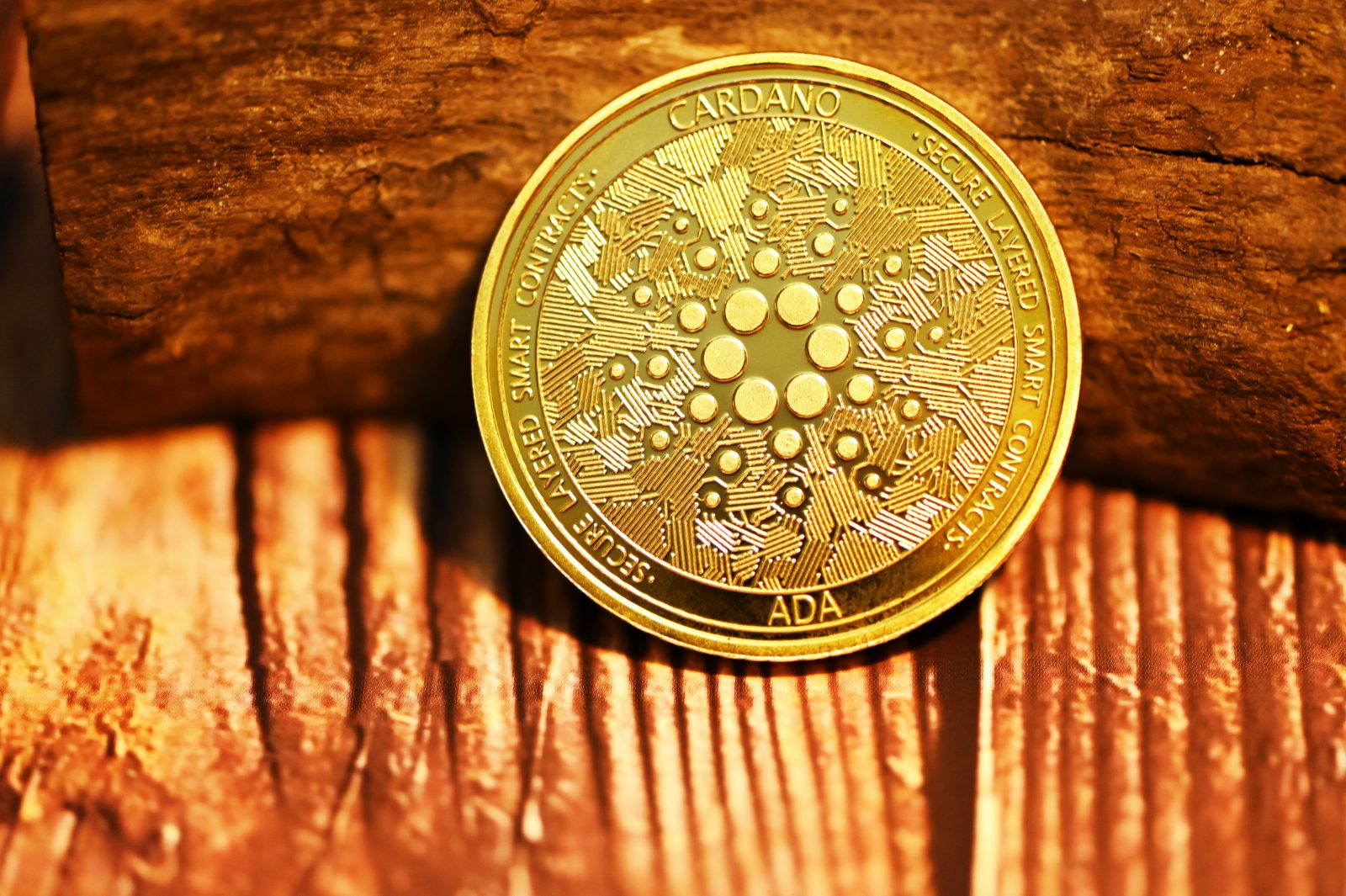Here’s How Cardano’s Hard Fork Affects Governance and Staking
06.09.2024 14:30 2 min. read Alexander Stefanov
Cardano’s blockchain has recently undergone a major overhaul with the launch of the "Chang" hard fork, which represents a pivotal move towards enhanced decentralized governance.
This update provides ADA token holders with increased authority over the network’s future developments.
Charles Hoskinson, the founder of Cardano, highlighted the significance of this upgrade, particularly for its impact on governance and decision-making. The hard fork has introduced a new governance structure comprising three primary groups: the Constitutional Committee, Delegated Representatives (dReps), and Staking Pool Operators (SPOs).
Under this new system, the power to propose upgrades or hard forks has shifted from the Cardano founders to the community. ADA holders can now elect representatives and vote on major proposals, establishing Cardano as a leading example of token holder-driven governance.
Hoskinson assured that ADA holders will continue to earn stewardship rewards but now have the option to vote directly, abstain, or delegate their votes to dReps. This change aims to enhance community involvement in governance while maintaining stewardship within the ecosystem.
The Chang hard fork marks the beginning of the Voltaire era for Cardano, which aims for complete decentralization. The new governance model will be gradually implemented over the next 90 days, with the Interim Constitutional Committee managing the transition.
Looking forward, Hoskinson mentioned the anticipated launch of “Cardano 2” in October, which will outline further advancements and strategic directions for the Cardano network, reinforcing its position as a prominent blockchain platform.
-
1
Kraken Turns Solana into a Global Stock Exchange
26.05.2025 9:00 2 min. read -
2
Microsoft Brings Blockchain Data to Its AI Platform via Space and Time
21.05.2025 11:00 1 min. read -
3
Chainlink Dominates RWA Innovation While Competitors Lag Behind
25.05.2025 9:00 1 min. read -
4
FIFA Teams Up with Avalanche to Launch Its Own Blockchain
23.05.2025 9:00 1 min. read -
5
Guatemala’s Largest Bank Quietly Brings Blockchain to Everyday Banking
23.05.2025 18:00 1 min. read
Brad Garlinghouse Rejects Rumors of Ripple-Circle Acquisition Deal
Brad Garlinghouse has flatly denied that Ripple ever attempted to acquire Circle, the company behind the USDC stablecoin, shutting down weeks of speculation about a potential $5 billion deal.
S&P 500 Poised for Major Rally as AI Momentum and Technical Patterns Align
A sharp rally could be brewing for the S&P 500, with analysts suggesting the index may push toward 7,400 in the coming months—a move that would mark a significant leap from its current level near 5,950.
Tokenized Funds Are Quietly Reshaping Institutional Finance
Tokenized short-term funds are quietly reshaping how institutions manage liquidity, offering a digital alternative to traditional money market products.
Morgan Stanley Warns Market May Be Overlooking Tariff Fallout
Chris Toomey, a senior executive at Morgan Stanley, believes U.S. markets are turning a blind eye to the economic drag that could emerge from renewed tariff policies tied to Trump administration.
-
1
Kraken Turns Solana into a Global Stock Exchange
26.05.2025 9:00 2 min. read -
2
Microsoft Brings Blockchain Data to Its AI Platform via Space and Time
21.05.2025 11:00 1 min. read -
3
Chainlink Dominates RWA Innovation While Competitors Lag Behind
25.05.2025 9:00 1 min. read -
4
FIFA Teams Up with Avalanche to Launch Its Own Blockchain
23.05.2025 9:00 1 min. read -
5
Guatemala’s Largest Bank Quietly Brings Blockchain to Everyday Banking
23.05.2025 18:00 1 min. read


